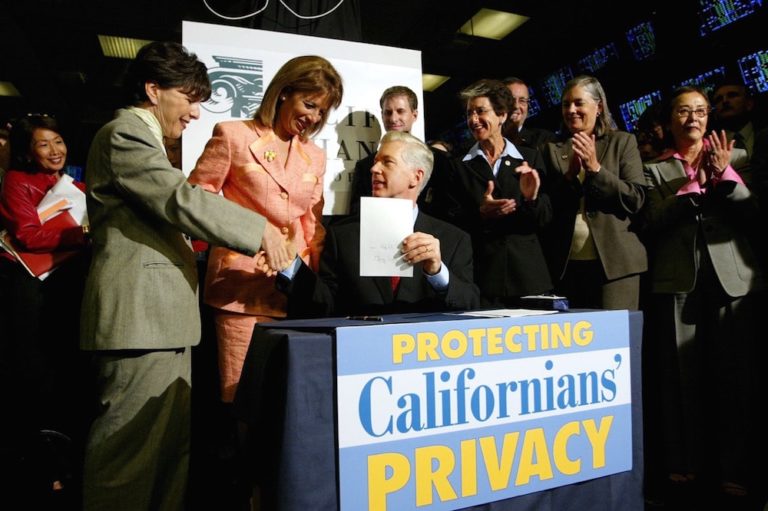Articles by Electronic Frontier Foundation (EFF)

California prisons block AI researchers from examining parole denials
In a lawsuit filed by EFF, researchers are seeking access to public records on race and ethnicity in parole hearings.

California’s lawmakers must enact privacy rules to advance COVID-19 efforts
EFF strongly backs calls, including from California Senate Judiciary Chair Hannah-Beth Jackson, for Governor Gavin Newsom to ensure that his response to this crisis respects Californians’ constitutional right to privacy.

EFF and COVID-19: Protecting openness, security, and civil liberties
The COVID-19 pandemic has made obvious how important the Internet and digital tools are to our lives and how vital it is that we maintain an open and secure approach to them.

Protecting civil liberties during a public health crisis
At a time when many government agencies are collecting and analyzing personal information about large numbers of identifiable people, we must carefully consider the way that “big data” containment tools impact our digital liberties.

Tech lobbyists are pushing bad privacy bills. Washington State can, and must, do better
A data privacy bill in Washington State has gained momentum. The Washington Privacy Act, or WPA, as currently written, would be a weak, token effort at reining in corporations’ rampant misuse of personal data.

Ring doorbell app packed with third-party trackers
Ring isn’t just a product that allows users to surveil their neighbors. The company also uses it to surveil its customers.

Public wi-fi is a lot safer than you thought
Advice to avoid using public wi-fi is largely out of date, with widespread use of HTTPS encryption protecting the content of your communications. However, the metadata is still visible to anyone along the communication path – from your ISP to the site’s hosting provider.

Ten questions – and answers – about the California Consumer Privacy Act
You may have heard from a lot of businesses telling you that they’ve updated their privacy policies because of a new law called the California Consumer Privacy Act. But what’s actually changed for you?
